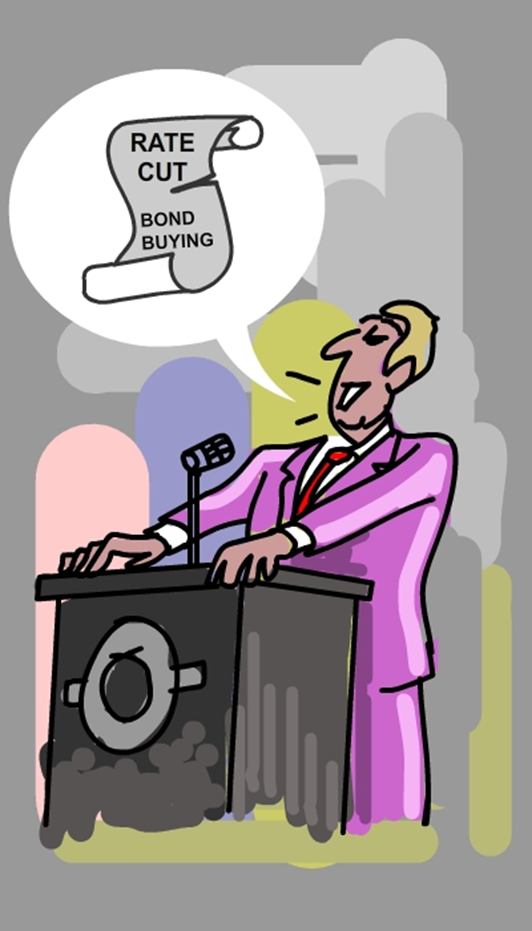Summary
- Consumer confidence has reached a seven-year high as Australians embrace personal tax rate cuts and softer restrictions across the country.
- Households are also entering festive season amid headwinds like higher unemployment.
- Interest rate cuts continue to act as a tailwind for property markets.
With coronavirus fears on the wane, Australians seem to have grown more confident about the country’s economy as was reflected in November’s consumer sentiment index which reportedly climbed to a seven-year high.
The steep climb in figures was noted by Westpac-Melbourne Institute Index of Consumer Sentiment which released its report for the month of November. The index increased by 2.5% over the previous month and is up by 11% over the previous year. The November reading came at 107.7 compared to 105 in the previous month and 97 in November last year.
Westpac Chief Economist Bill Evans labelled the November figure as a strong result, underpinned by easier restrictions in Australia and re-opening of Victoria-New South Wales border.
It was understood that confidence in Victoria surged 9% as the state eased restrictions on people movement after containing the second outbreak successfully.
In light of the upcoming festive season, the spending intention also rose with ‘time to buy a major household item’ sub-index up by 6.7% over the previous month.
Australians seem more confident about the near-term economic prospects of the country: the ‘economic conditions next 12 months’ sub-index was up by 8.4% from October and up by 12.5% over the previous year.
Similarly, the ‘economic conditions next five years’ sub-index rose marginally 0.5% over the previous month, but the sub-index is up by 22.4% over the previous year.
The survey was conducted in the first week of November. During the week, the Reserve Bank of Australian announced to lower cash rate to record low level of 0.1%, which is likely to impact Australian savers.

Image Source: © Kalkine Group 2020
However, the announcements from budget continue to provide a base for consumer sentiment, especially the personal tax rate cuts unveiled by the Federal Government.
Mr Evans also acknowledged that households are gearing for a normal Christmas despite headwinds from the high unemployment rate. He also stated that the 7-year high level is difficult to sustain given the unemployment rate is heading for 8% mark.
Australian household appears less convinced about their finances, but the sentiments are better compared to the previous year. The ‘family finances vs a year ago’ sub-index fell by 3.2% over October, but it is up by 6.4% over the same period last year.
Likewise, the ‘family finance next 12 months’ sub-index is marginally up by 0.2% compared to the previous month. It is up by 12.5% over the same period last year.
With lower interest rates and Government subsidies, the property market is likely to remain in hot seat over the next months. This was also certified by the survey, which showed the ‘time to buy a dwelling’ sub-index rose 8% over the previous month and is up by 10.9% over the previous year.
The survey also shows that more people are expecting unemployment compared to the previous month: the ‘unemployment expectation’ sub-index rose by 6.2% over the previous month.
It also depicts that employment conditions have improved over the year, with the sub-index down by 7.1% over the same period last year.



